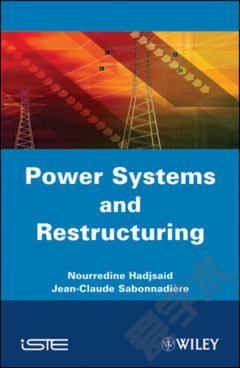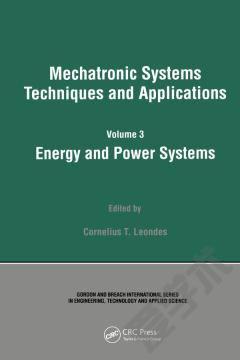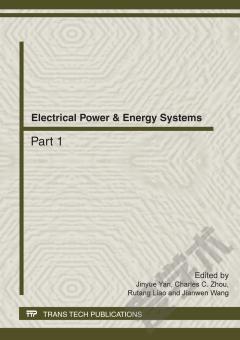Power Systems and Restructuring
ISBN: 9781848211209 出版年:2013 页码:705 Nouredine Hadjsaid Jean-Claude Sabonnadiere Wiley
The development of electric power systems has been made up of incremental innovations from the end of the 19th century and throughout the 20th century. The creation of deregulated electricity markets has brought about an emerging paradigm in which the relationships between producers, power system operators and consumers have changed enormously compared to the monopolistic case. The scope of this book is to provide fundamental concepts of the physics and operation of transmission and distribution lines, which is the content of Part 1, followed by the models and tools for the description and simulation of large electrical grids for steady state and transient operation. These advanced tools allow the physics and technology of power systems to be described and the algorithms of Ybus and Zbus matrices to be built for various studies such as short-circuit studies and load flow or transient phenomena analysis. Part 3 deals with the new organization concepts in the frame of deregulated markets. In this part the restructuring of the power industry is presented where various actors interact together through market places or bilateral contracts. In addition, the operation of the power grids under this deregulated context is detailed and the relationships between power system operators and market actors (energy producers and providers, traders, etc.) is explained with several examples. The ancillary services, congestion management and grid access concepts are also described. A large number of exercises and problems disseminated throughout the book with solutions at the end enable the reader to check his understanding of the content at any time.








 京公网安备 11010802027623号
京公网安备 11010802027623号